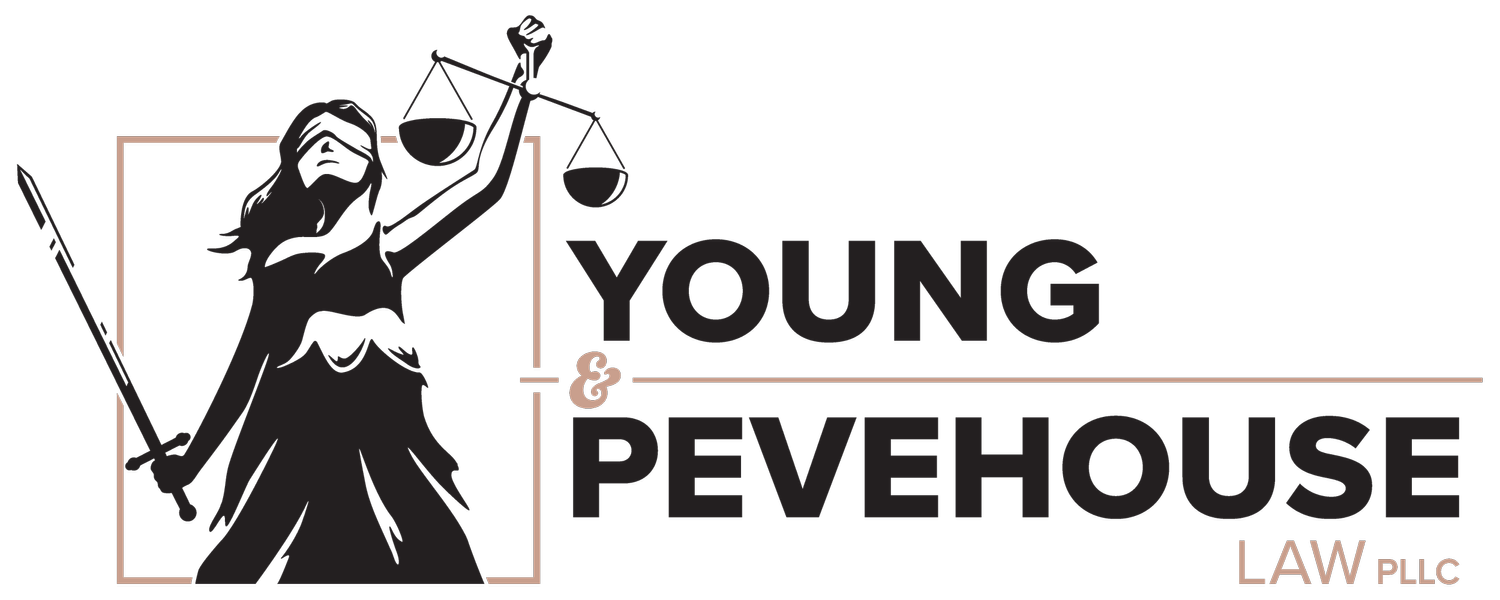Understanding and Addressing Judgments: A Practical Guide to Resolving Legal Obligations
Receiving a judgment against you can be a daunting experience, but it's essential to approach the situation with a clear understanding of your options and a proactive mindset. At The Law Office of Summer Young, we recognize the challenges that individuals face when dealing with judgments, and we're here to guide you through the necessary steps to address and resolve this legal matter.
Review the Judgment
The first step in addressing a judgment is to carefully review the document. Understand the terms and conditions outlined in the judgment, including the amount owed, any interest or fees, and the deadline for payment. Make note of any specific actions required to satisfy the judgment.
Verify the Accuracy of the Judgment
Ensure that the judgment accurately reflects the details of the case. Check for any errors or discrepancies in the amount owed, the parties involved, or the legal basis for the judgment. If you identify any inaccuracies, it's crucial to address them promptly by consulting with legal professionals.
Communicate with the Creditor
Open communication is key when dealing with a judgment. Reach out to the creditor or their legal representative to discuss your situation. In some cases, creditors may be willing to negotiate a settlement or establish a payment plan that is more manageable for you. Clearly communicate any financial hardships you may be facing.
Negotiate a Settlement
If feasible, try to negotiate a settlement with the creditor. Propose a realistic payment plan or a lump-sum settlement amount that you can afford. Creditors may be open to compromise to avoid the cost and uncertainty of pursuing further legal action.
Explore Legal Defenses and Options
Consult with an attorney to explore potential legal defenses or options to set aside the judgment. If you believe there are grounds to challenge the judgment, such as errors in the legal process or new evidence, legal professionals can help you navigate the appropriate legal channels.
Consider Bankruptcy as a Last Resort
If the judgment debt is overwhelming and negotiations are unsuccessful, explore the possibility of filing for bankruptcy. Bankruptcy can provide a fresh start by discharging certain debts, but it has significant implications, and it's crucial to consult with an experienced bankruptcy attorney to understand the implications for your specific situation.
Comply with Court Orders
If the judgment includes specific court-ordered actions, such as the transfer of assets or the provision of certain documents, ensure timely compliance. Failure to adhere to court orders can lead to additional legal consequences.
Monitor Your Credit Report
Judgments can have a lasting impact on your credit score. Monitor your credit report regularly to ensure that the judgment is accurately reported. Once the judgment is satisfied, take steps to have it marked as "satisfied" on your credit report to mitigate its long-term effects.

